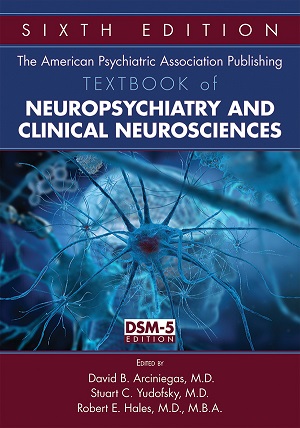Sections
Excerpt
Most humans have used illicitly obtained opiates, stimulants, or sedatives or legally obtained alcohol, nicotine, or caffeine at least once to achieve pleasure and/or to attain altered states of consciousness. Although most individuals use these substances without difficulties, a small percentage develop substance use disorders (SUDs), which can lead to considerable medical burden and cost. Among the psychiatric disorders associated with these substances are intoxication, dependence, and withdrawal and a range of substance-induced neuropsychiatric disorders (NPDs) (Table 19–1). These NPDs are most common with alcohol, partly because of the relatively large doses of alcohol needed for psychoactive effects, but NPD rates also vary depending on the drug’s mechanism of action (Table 19–2).
Access content
To read the fulltext, please use one of the options below to sign in or purchase access.- Personal login
- Institutional Login
- Sign in via OpenAthens
- Register for access
-
Please login/register if you wish to pair your device and check access availability.
Not a subscriber?
PsychiatryOnline subscription options offer access to the DSM-5 library, books, journals, CME, and patient resources. This all-in-one virtual library provides psychiatrists and mental health professionals with key resources for diagnosis, treatment, research, and professional development.
Need more help? PsychiatryOnline Customer Service may be reached by emailing [email protected] or by calling 800-368-5777 (in the U.S.) or 703-907-7322 (outside the U.S.).



